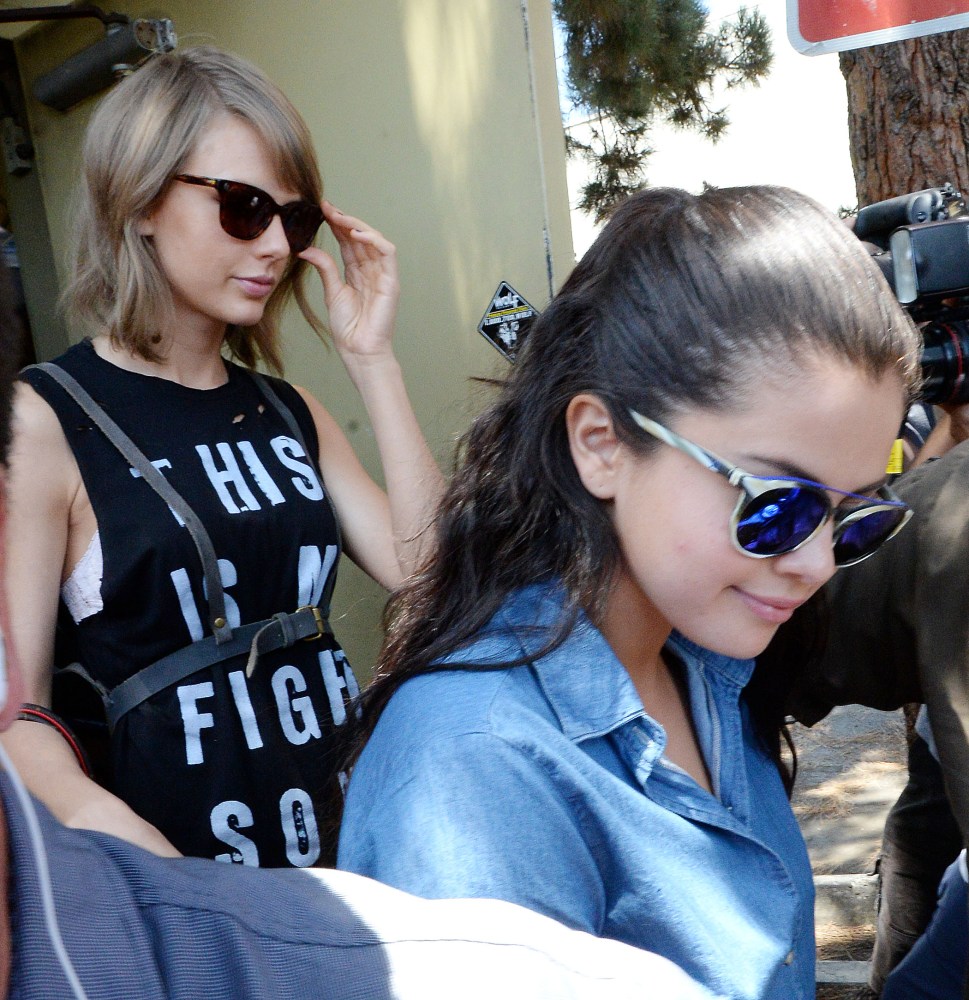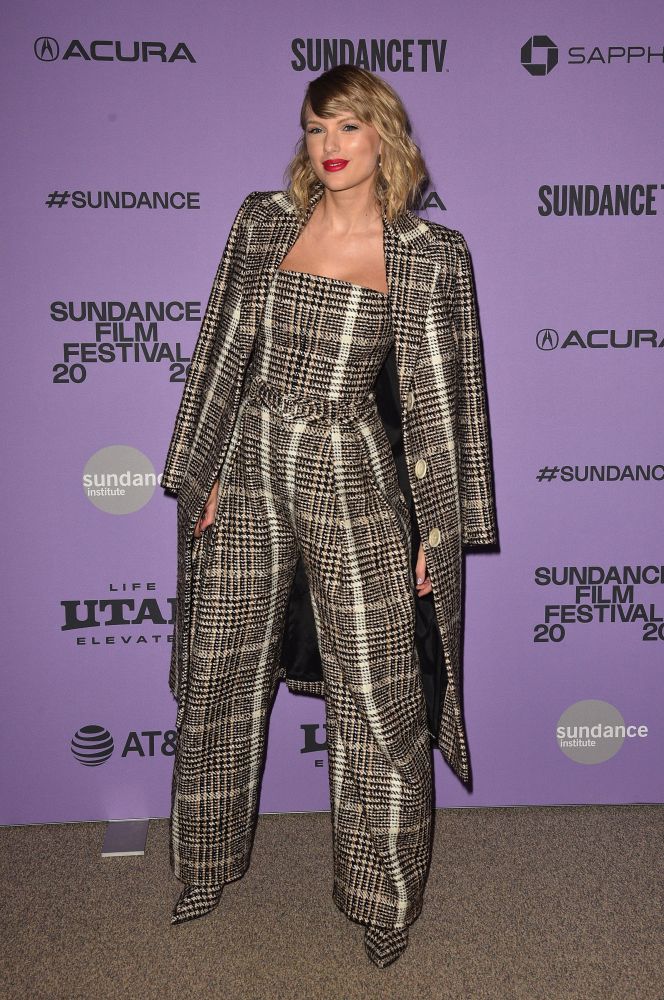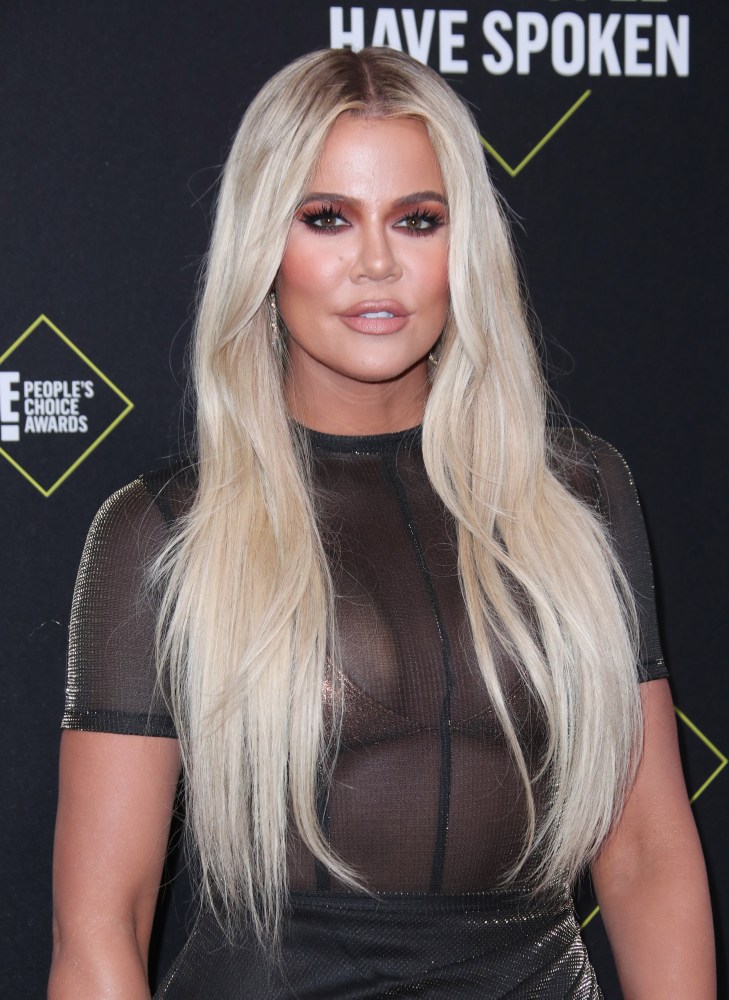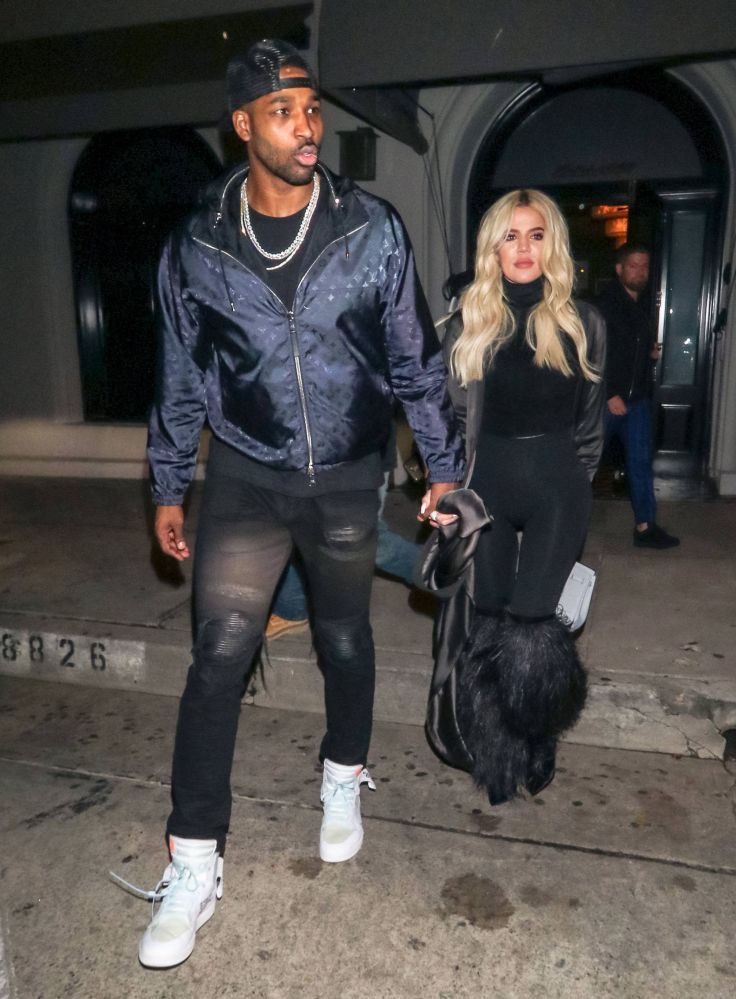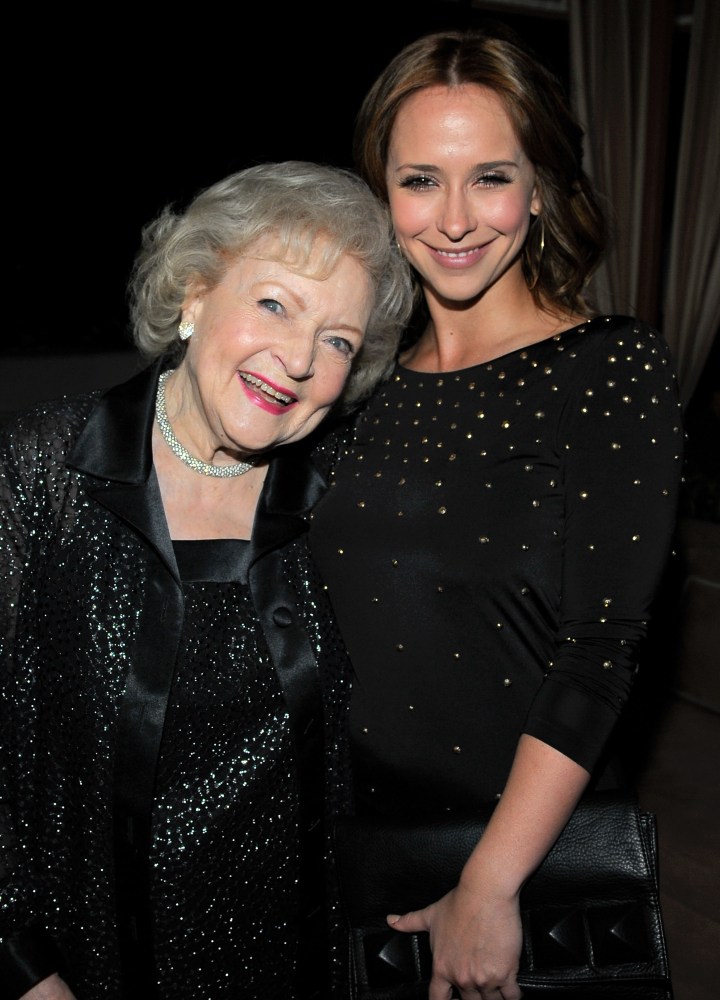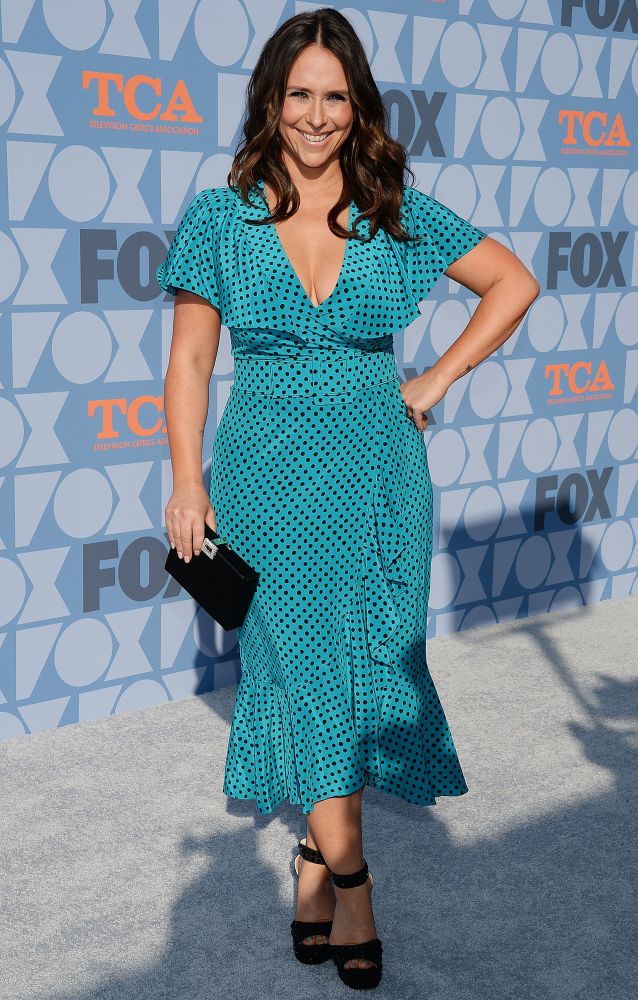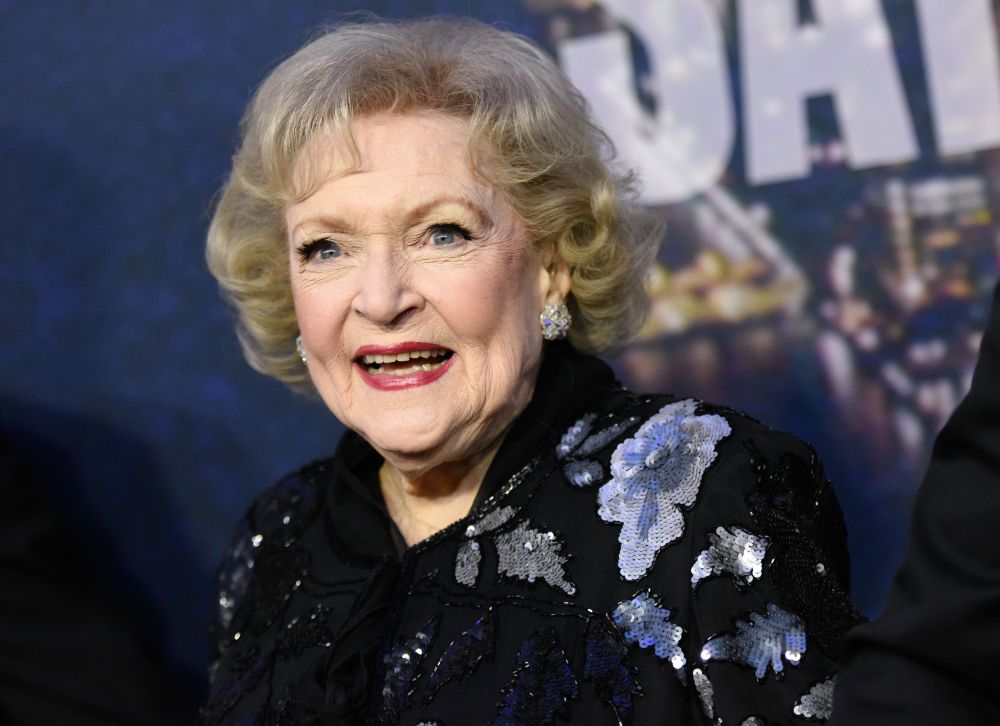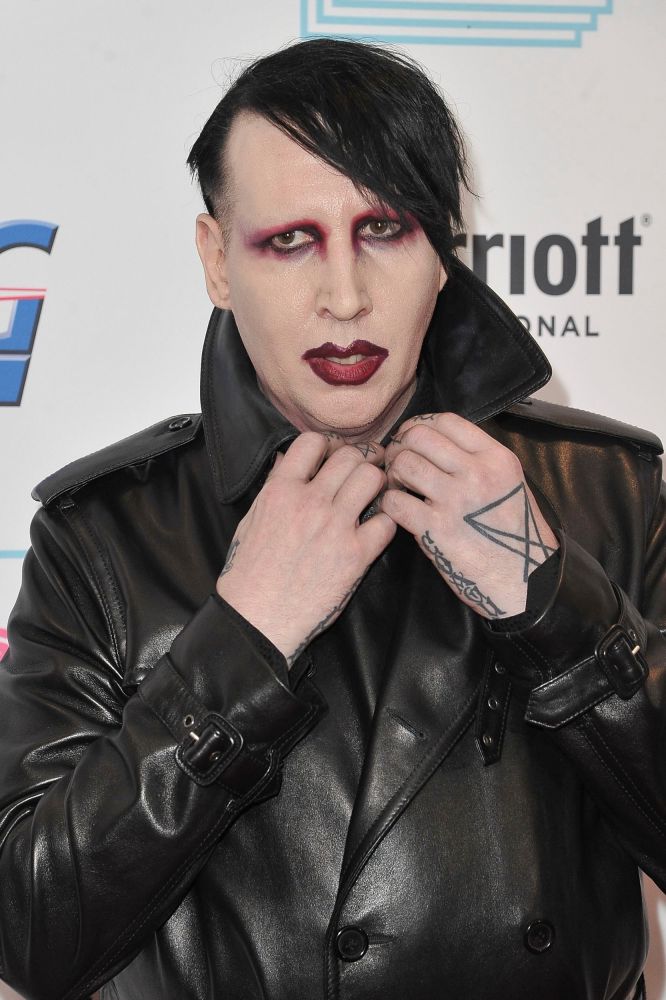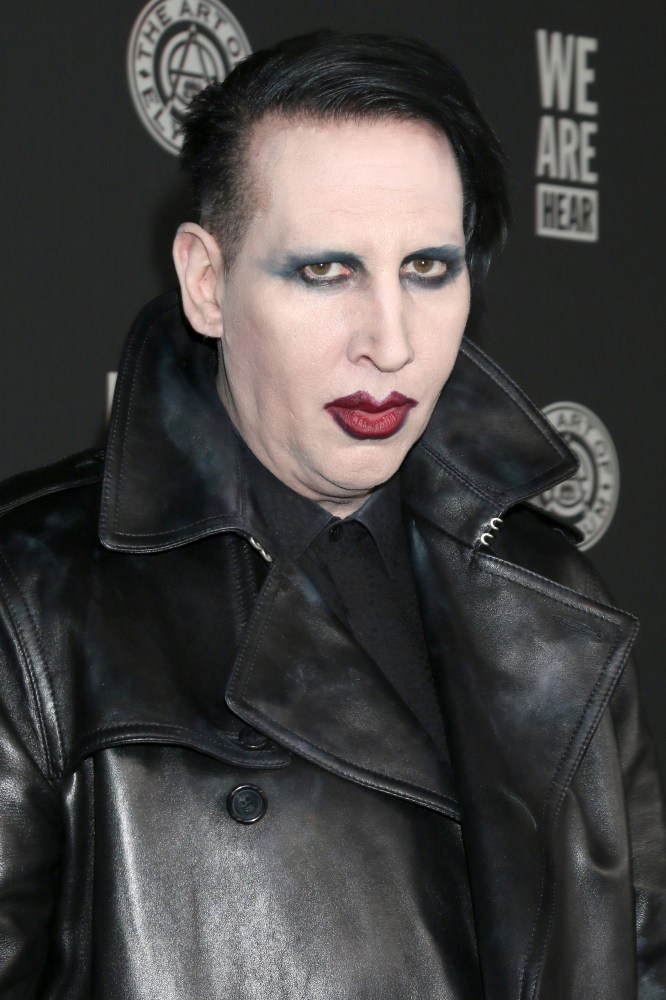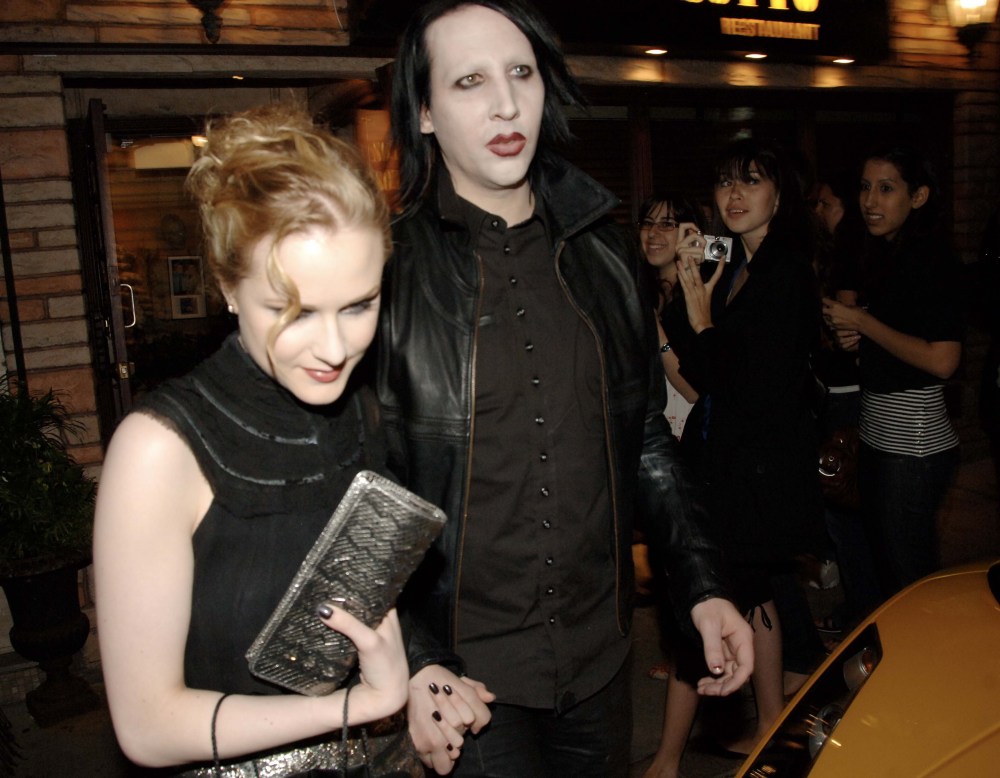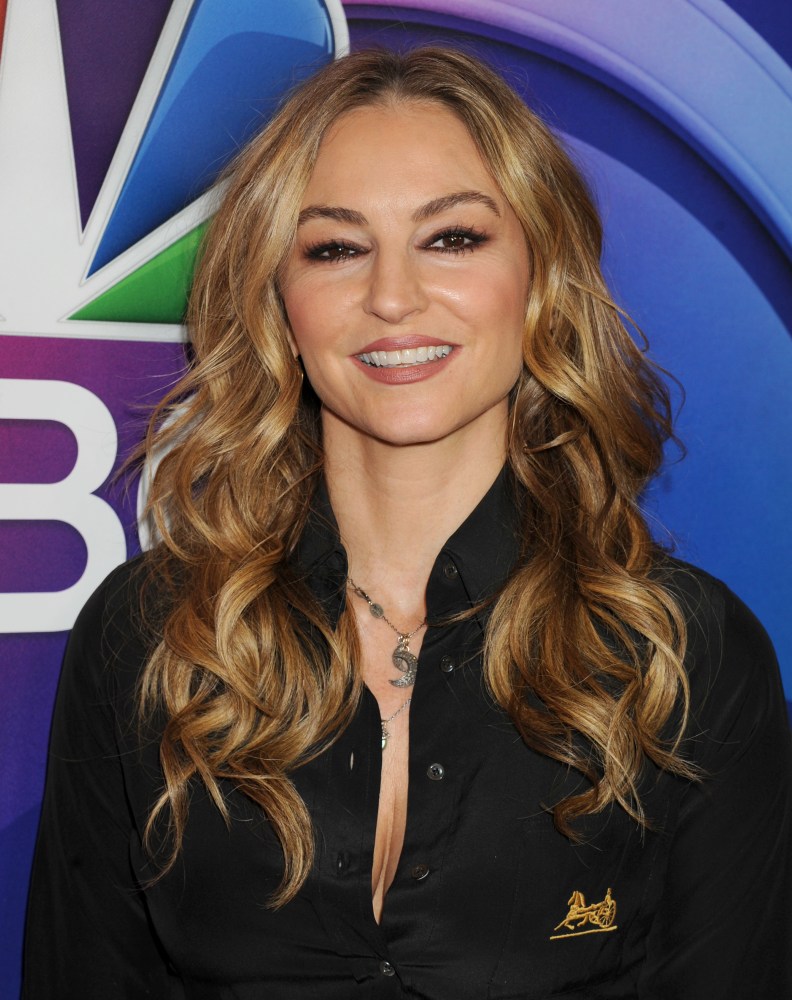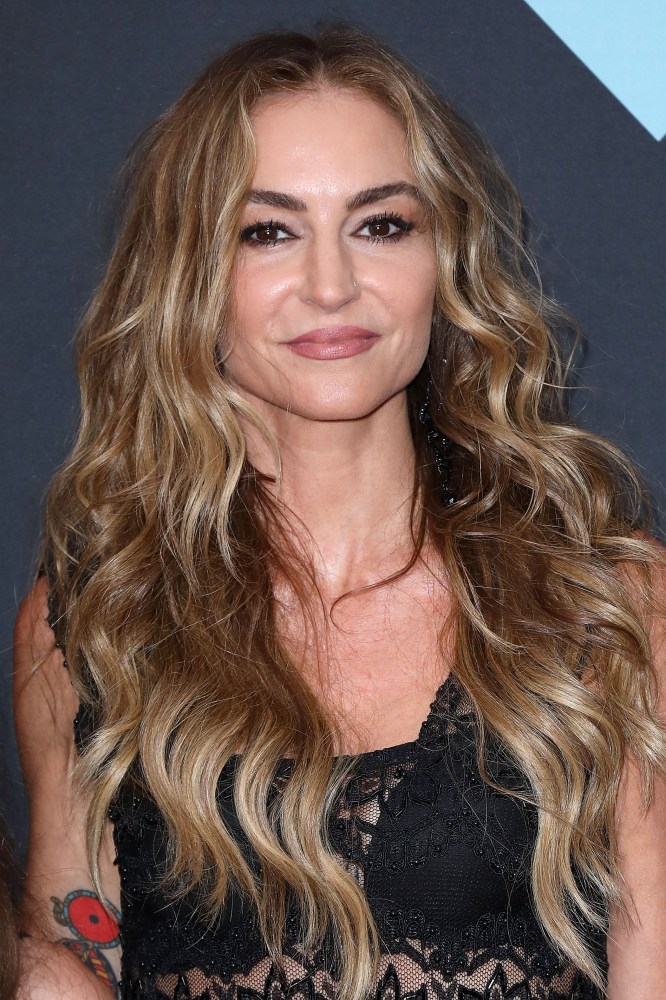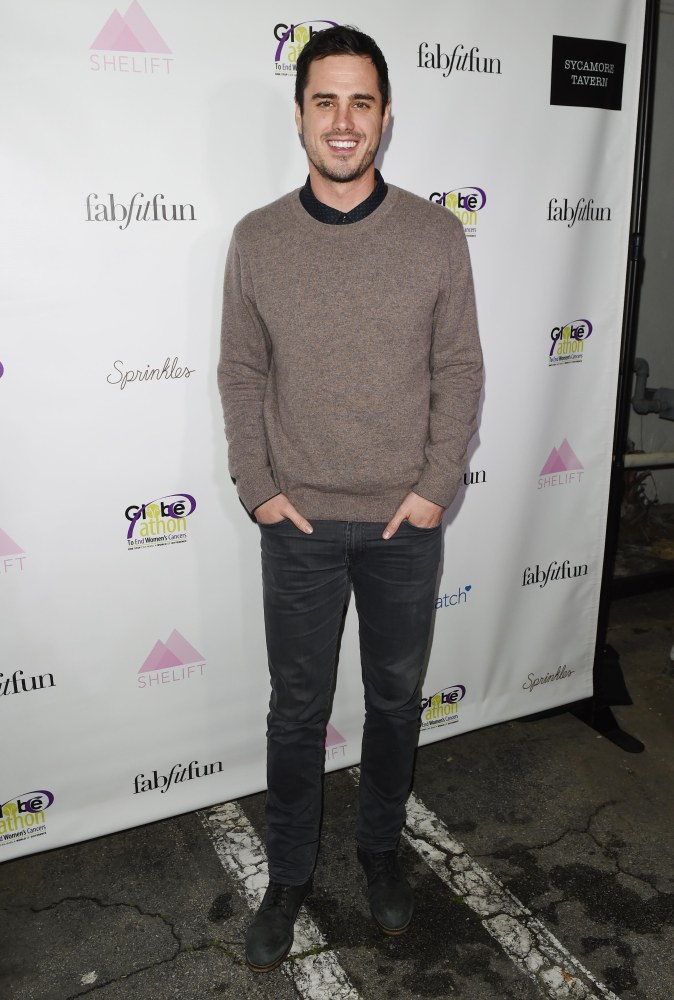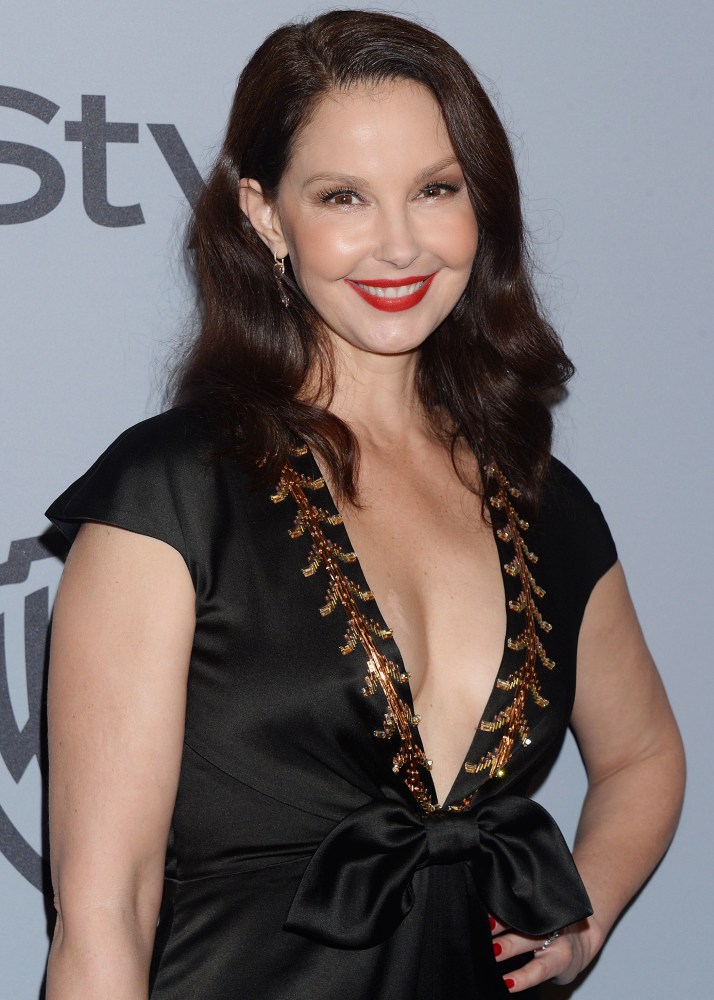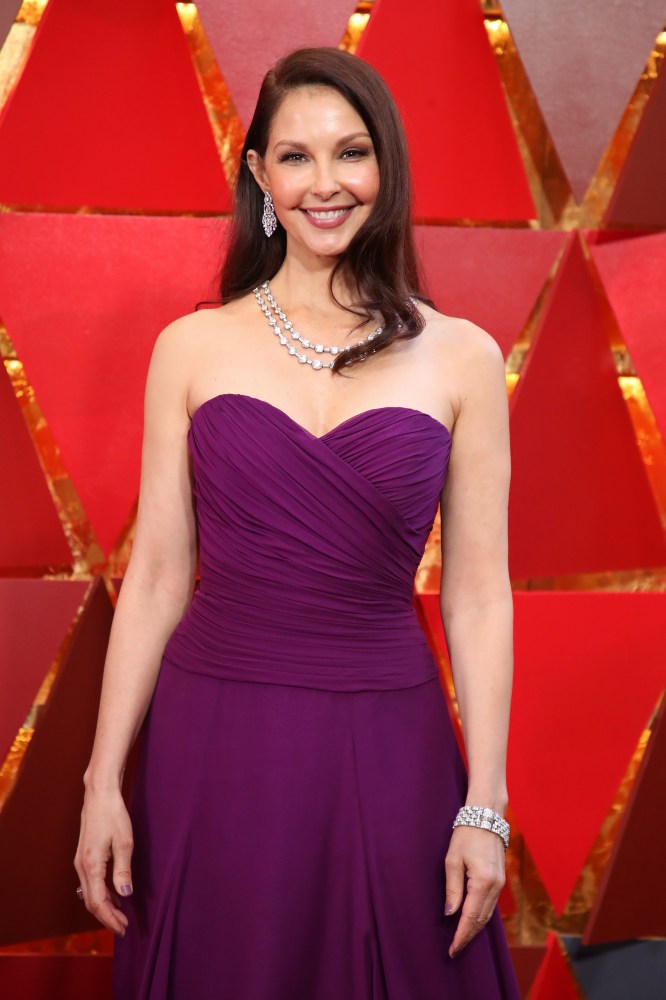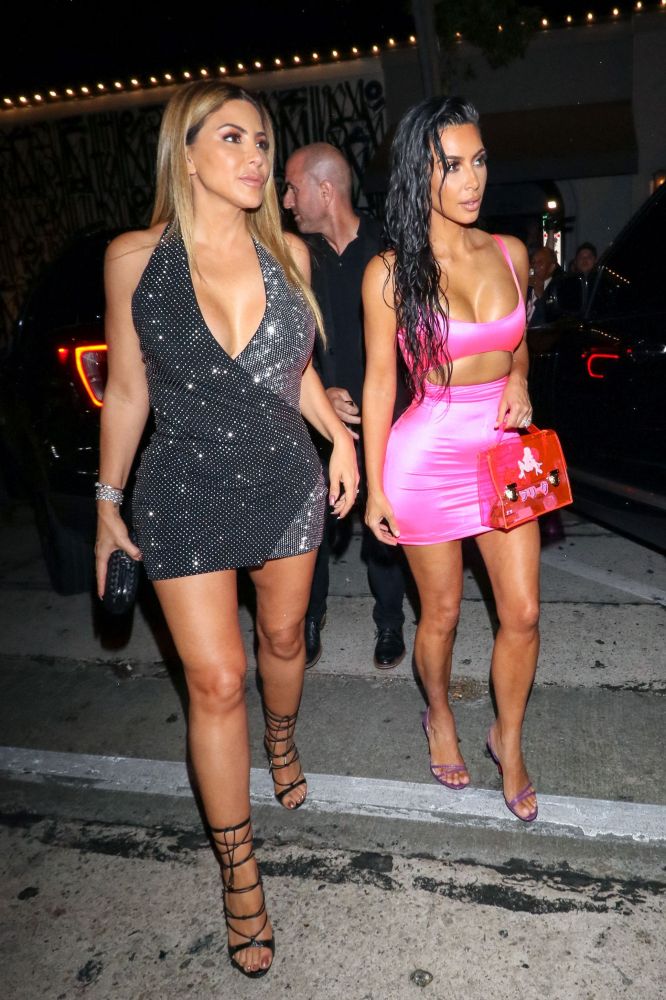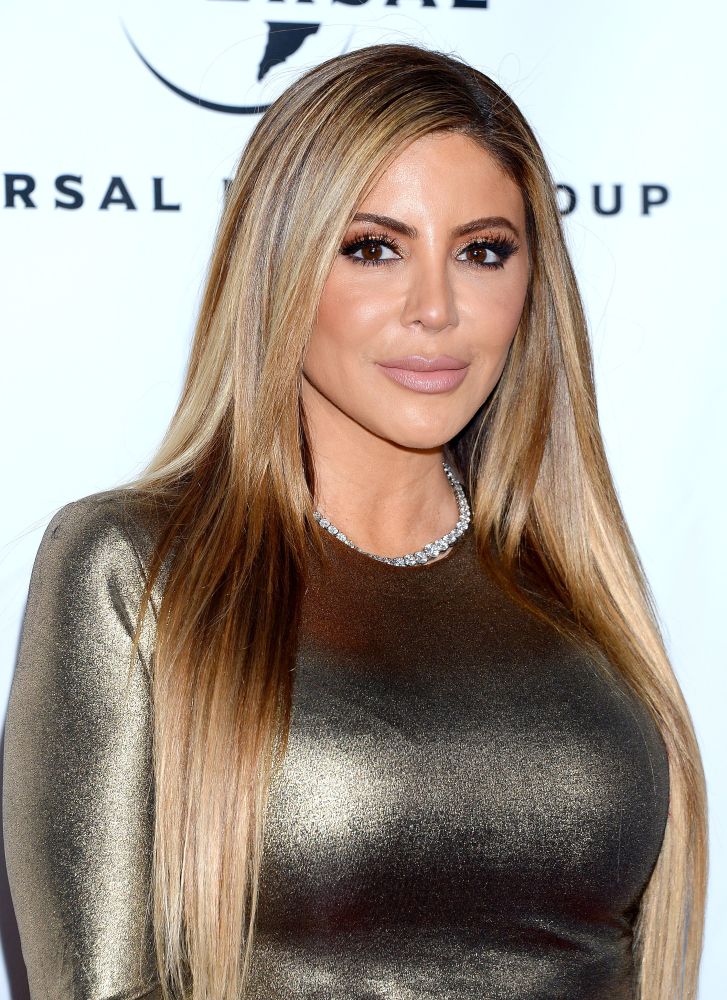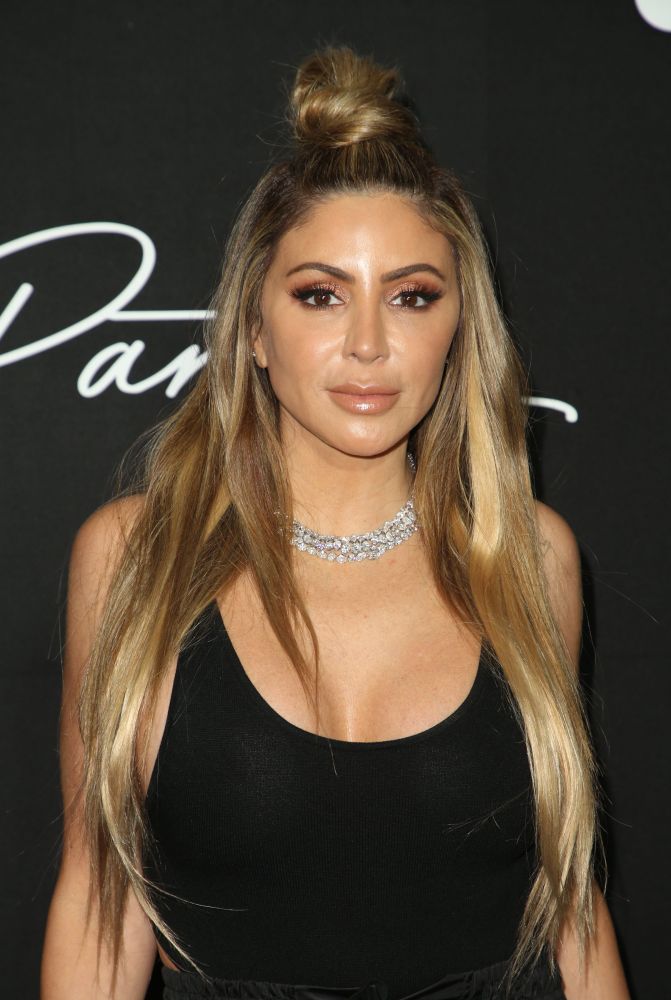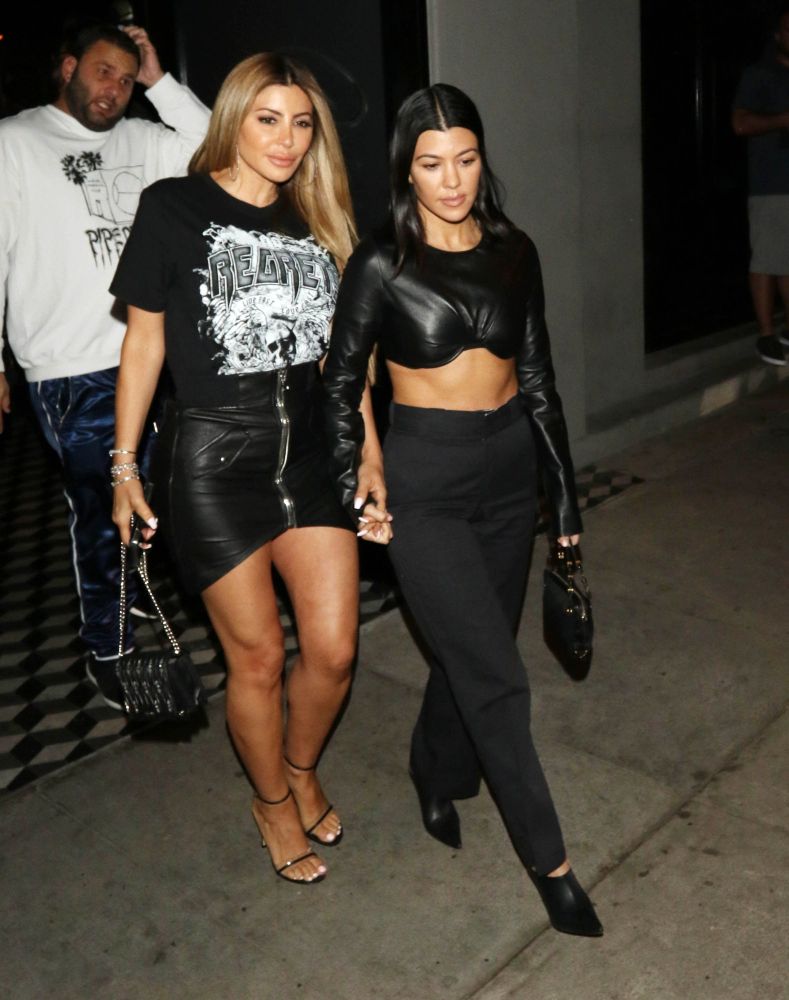Former Vogue editor Andre Leon Talley is impressed — both with Vogue's October cover, which features Lizzo, and with what it says about Anna Wintour, as far as her recent vow to improve inclusivity at the magazine, which she admitted has a history of publishing "hurtful and intolerant" content and failing to "to elevate and give space to Black" content creators.
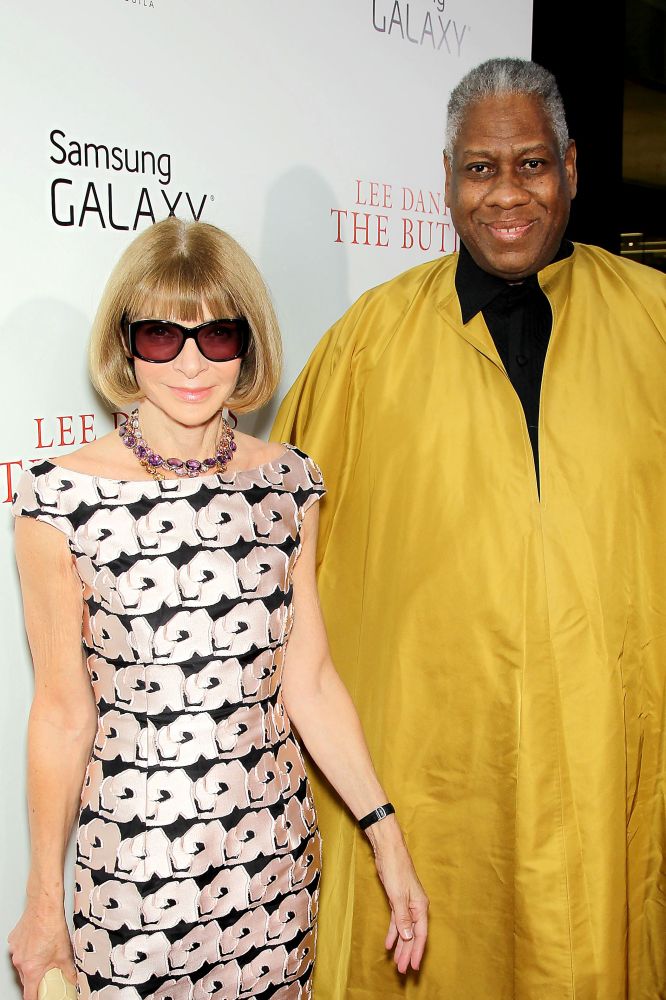 Marion Curtis/Starpix/Shutterstock
Marion Curtis/Starpix/Shutterstock
"Proud to see the very, very beautiful, stunningly elegant [Lizzo] on Vogue's current cover," Talley posted on Instagram Friday, sharing the Hype Williams-shot cover of Lizzo in a lightweight, flowing red Valentino dress. "Progress is advancing at full supersonic Concorde speed," he continued. "Dame Anna Wintour made a promise and she kept her word. Her public apology was right on. In the years I worked there, under her reign, this cover would have never been published, even if it were a trial."
Talley was referring to an apology letter Wintour reportedly sent Vogue employees in early June, as George Floyd's killing at the hands of white police sparked what would become a monumental national reckoning on systemic racism in America.
"I want to start by acknowledging your feelings and expressing my empathy towards what so many of you are going through: sadness, hurt, and anger too," Wintour wrote to staff at the time. "I want to say this especially to the Black members of our team — I can only imagine what these days have been like. But I also know that the hurt, and violence and injustice we're seeing and talking about have been around for a long time. Recognizing it and doing something about it is overdue."
Wintour, who's edited the magazine since 1988 and since 2013 has also served as the artistic director for Condé Nast, which publishes Vogue, continued: "I want to say plainly that I know Vogue has not found enough ways to elevate and give space to Black editors, writers, photographers, designers and other creators. We have made mistakes too, publishing images or stories that have been hurtful or intolerant. I take full responsibility for those mistakes."
She went on to encourage employees to give their "feedback" directly to her, writing, "I value your voices." Finally, she promised to be proactive about the changes many, including Talley, have long said were needed.
"This is a historic and heartbreaking moment for our country and it should be a time of listening, reflection and humility for those of us in positions of privilege and authority," she wrote. "It should also be a time of action and commitments."
Talley's relationship with Wintour has had notorious moments of ugliness through the years. As he said in his lengthy Instagram post about the October cover, "in the years I worked there, under [Wintour's] reign, this cover would have never been published, even if it were a trial," adding that the advertising departments would have shut down any attempts to go with a plus-sized Black woman as a cover star, despite the singer's massive popularity.
The cover story itself deals at the idea of body positivity, which Lizzo says needs to be extended beyond "the mainstream narrative" so that it can benefit "the people that this term was created for …girls who are in the 18-plus [size] club."
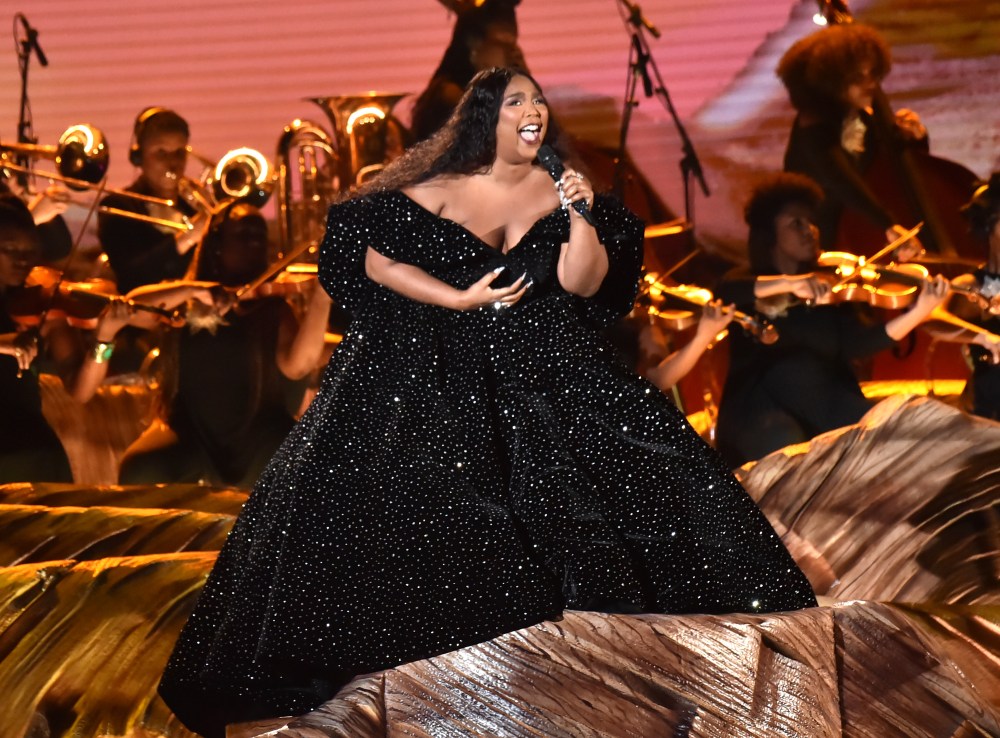 Jeff Kravitz/FilmMagic
Jeff Kravitz/FilmMagic
"I think it's lazy for me to just say I'm body positive at this point … It's easy," she explains in the piece, wihch features the singer looking utterly gorgeous in pieces by Valentino, Moschino Couture, Gucci and LaQuan Smith. "I would like to be body-normative. I want to normalize my body. And not just be like, 'Ooh, look at this cool movement. Being fat is body positive.' No, being fat is normal," Lizzo says in the piece.
In the piece, the singer also weighs in on racial justice, reflecting on how she lost hope after 12-year-old Tamir Rice was shot and killed, her response to Floyd's death in Minneapolis, where her career began, and the importance of voting as an act of protest.


